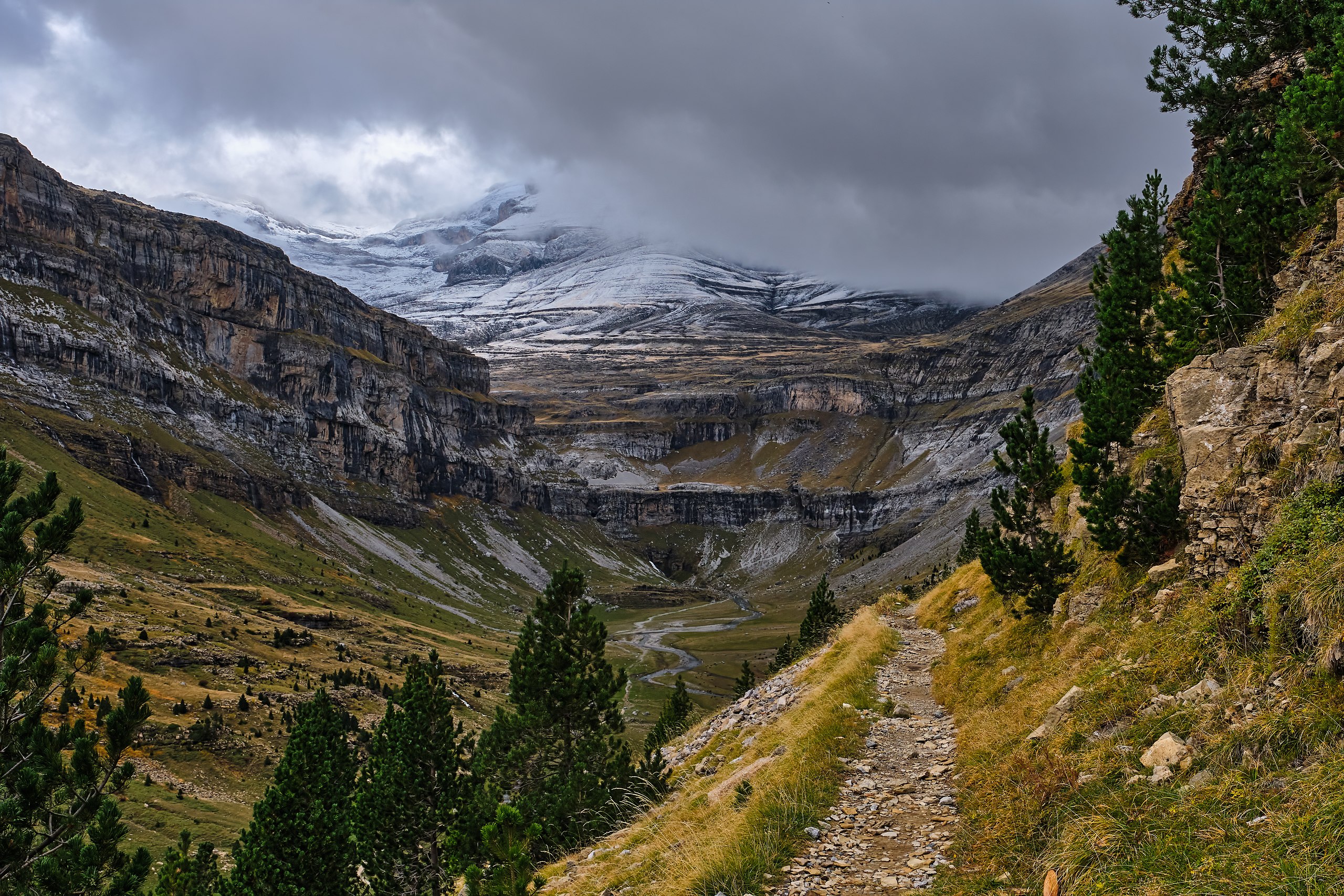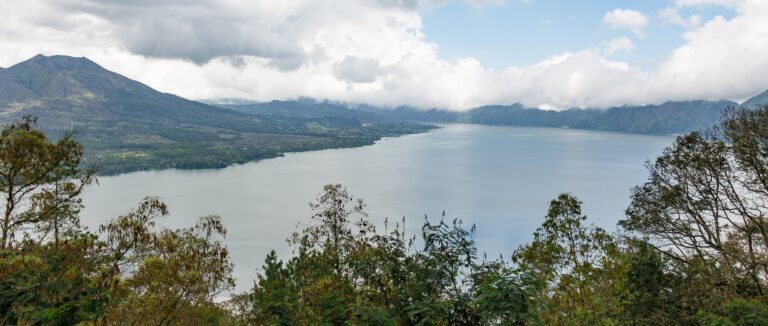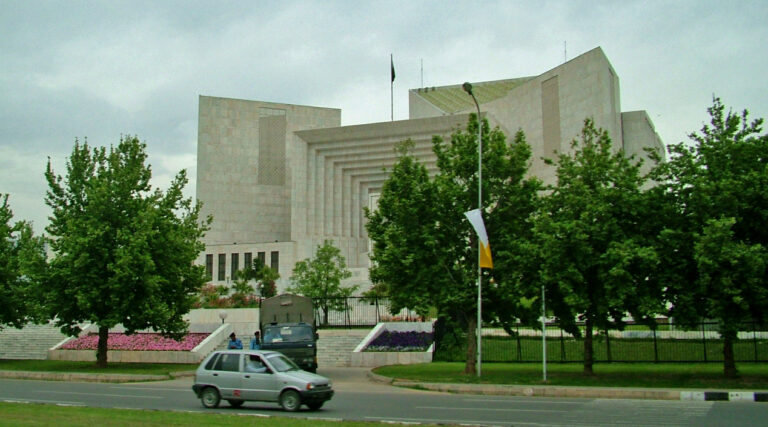
Discrimination After Death: The Afterlives of Muslims in Spain
Paula M. Arana Barbier
Ordesa y Monte Perdido National Park, Spain. Wikimedia Commons (CC BY-SA 4.0).
This article is part of our virtual symposium and essay series, “Masking Religious Freedom Violations.” Read more here.
Despite common assumptions, our social and political lives do not simply end once we die; the idea of an afterlife, although mainly theological, can also be extended to the social world, encompassing everything that happens once someone dies, from corpse disposal to inhumations, transportation, insurance, and other aspects and effects of death. Talking about the dead is generally tricky–although once living beings, corpses are no longer people but are not objects either. This crucial dichotomy helps one understand why it is part of our rituals to take care of corpses and why any mistreatment generates feelings of pain in those living. Despite these concerns, the dead can serve as powerful political symbols that can carry diverse meanings for different actors attempting to claim over them, such as states, families, religious communities, and others.
The dead are connected to the land of the living, mainly through cemeteries. Cemeteries tell stories of the societies they were created to serve and can be seen as microcosmos of the stories buried within their land. However, there is more to death and the afterlife than cemeteries. Before someone dies, people prepare by purchasing insurance or plots at cemeteries to ensure particular funerary practices. When someone dies, in some situations, the corpse may have to stay in the morgue for days. Once released for burial, however, not all kinds of burial practices may be allowed by each country’s regulations. Societies have diverse ways of honouring their deceased, including religious ceremonies, wakes, gatherings, which precede a burial or cremation. Funerary practices differ not only from country to country but also depending on the deceased’s religion or culture.
The Politics of Death
By accounting for these afterlives of the dead, one realises that dying is not the last action of our social and political lives. The treatment of corpses, transportation, and burial are encompassed under the “politics of death”, a concept that allows us to extend the state’s responsibility over its citizens and residents after death; it can also explore the socio-cultural aspects of death, such as cultural funerary practices. This concept entails an interdisciplinary lens, allowing us to examine the notion of an afterlife beyond just its theological dimensions. In this case, the afterlife focuses on the physical experiences of the corpse after death, such as rites, burial, inhumation, etc. The politics of death hones in on the body’s journey after death, which may entail burial in the country of death or the repatriation of the body to a different country for burial. It also extends to the idea of the afterlife, thereby considering the diverse demands of death practices, such as burial sites and rituals. Two aspects of the politics of death are crucial to the management of religious minorities: the first is the expansion of the timeline of when discrimination can be experienced, and the second is the internationalisation of death.
The first aspect of discrimination hones in on the experiences of religious minorities–in this case, Muslims– whose religious rites and practices may not be carried out due to explicit discrimination or implicit systemic inequalities. Cases of Muslims being denied the construction of new cemeteries, or burial spaces in public cemeteries in countries where Islam is a minority, have predominantly been related to discrimination. In the case of Europe, although the right not to be discriminated against based on one’s religious convictions–burial practices included–is part of the European Convention on Human Rights and is also included in the constitutions of all European Union countries, many Muslims continue to face challenges against an Islamic burial. In Islam, one of the requirements for burial, which tends to be used as the main impediment to burial in Europe, is a coffinless burial with tombs facing Mecca.
This challenge is closely tied to two factors: traditional practices that influence burial management in Europe and the idea of Muslims not originating from or belonging to Europe. The management of dead bodies in Europe is something that mainly falls under state responsibility and has been highly influenced by the historical treatment of corpses set by the Christian tradition–particularly the requirement that they be buried in a coffin as per the countries’ burial regulations. According to Islamic belief, humans are created from soil, and they will return to that state after death; therefore, according to their precepts, bodies must be buried without a coffin. Muslims are not the only religious group that challenges this tradition, but they continue to face challenges that impede them from being buried in Europe.
The second aspect of the politics of death pertinent to Muslims in Europe is the “internationalization of death”. While not all Muslims in Europe are of immigrant backgrounds, their death tends to bring up the international side of death. In many cases, people can choose where to be buried. But for religious minorities whose practices do not fit the norm, this choice can be delimited, and they have to find a different, usually ancestral, country to be buried in. It is here where the practice of repatriation comes into play; this practice is not peculiar to minorities but rather is attached to migration itself. Depending on regulations, many times migrants are requested to ensure that should they die in the country of destination, their bodies will be shipped off back to the country of origin. Through the internationalisation of death, we can observe how the corpse’s final trip is not directly tied to the notion of eternal rest but to crossing countries’ borders.
For religious minorities with an immigrant background, choosing repatriation is mainly connected to not being able to bury according to their religious prospects. Particularly for Muslims, choosing repatriation tends to combine two factors: the first, as mentioned above, is not being able to follow religious precepts for burial, and the second is a sense of unbelonging. Feeling like an outsider in one’s home is a feeling many Muslims continue to experience due to a constant narrative that Islam is not endemic to Europe. Eventually, the combination of a lack of accommodation for funerary practices and constant reminders and discourses about Islam as an uncivilised religion coalesces in a push to leave once they die.
The Afterlives of Muslims in Spain
The case of Spain is fascinating in showcasing this matter, as the country already has several Muslim cemeteries and burial spaces because of diverse historical events. Notwithstanding, as a country with a strong Catholic history that continues to favor Catholicism, and although it has regulations for the inclusion of other religious beliefs, there are not enough burial spaces for the almost 2.4 million Muslims in the country. The country’s Catholic history heavily influences the municipal cemeteries and burial laws, which continue to be challenged by Muslims in Spain. Despite its growing Muslim population, the country only counts 40 recognised burial places for Muslims across the territory, most of which are under the regulation of municipalities and managed by public enterprises belonging to the municipalities.
Although Spain does contain designated areas for Islamic burial, there are three main issues that Muslims continue to face in times of mourning: lack of space, distribution of cemeteries in the country, and unbelonging to the imagination of Spain as a nation. With regard to space, most of the current cemeteries are already facing capacity, and there has been very little to no progress in attempting to expand them or seeking alternative solutions. The current state of the matter is not because Muslims have not constantly tried to negotiate and open spaces for their practices in their respective municipalities, but rather a slow pace in bureaucracy and, in some cases, blatant denial as the burial needs of Muslims are simply not considered a priority. Many claim they continue to be discriminated against because of their religion and that their rights are being hindered by not providing them with the possibility of being buried according to their religious precepts.
The second issue many face is that the existing cemeteries are not adequately distributed throughout the peninsula, leaving communities without access to a graveyard unless they travel elsewhere. There are communities with only one cemetery for the whole region or none. One of the challenges this creates, aside from the need to travel, is that many cemeteries, as regulated by municipalities, require the person to be buried to be registered as a resident of that community. An innovative solution by the Muslim community in Spain was the creation of a private cemetery in Valencia, owned by Muslims, that allows burials of people from any region in Spain without the need to be residents in Valencia. However, his solution is not sustainable to keep up with the demand down the road.
The issue of mobility, in many cases, ends up being a transnational issue, as many Muslims must resort to repatriation. Repatriations became popular during the pandemic, as many were faced with no other option to bury their deceased but to send them off to a different country. Repatriations are connected to the imaginary of unbelonging created in the country. The Spanish nation has a strong connection between national identity and Catholicism as a result of historical events, which relegates religious minorities, like Jews and Muslims, to being seen as outsiders, despite their being endemic to the area, tracing back to even before the nation-state was established. As such, Spanish Muslims tend to be constantly reminded that they are outsiders in the eyes of their nation-state, and this has created a perspective that even the land itself is Catholic.
The experiences of Muslims after they die match some of the exclusionary practices and discourses they tend to face in predominantly non-Muslim societies throughout their lives. Therefore, as shown in this short essay, including these experiences in studying religious discrimination is essential. Although the deceased cannot experience physical pain, those left behind certainly do. This situation of burial challenges is present to different extents not only in Spain but also in several other EU countries. However, studying these cases can help to identify the causes for questioning, if not outright rejecting, many Muslims’ ultimate inclusion in the European imaginary. I believe that these cases can help us trace the dynamics that Muslims across Europe face in death and the shared challenges—along with the unique specificities—that shape national contexts of belonging. ♦

Dr. Arana Barbier is a postdoctoral fellow at the University of Heidelberg with the Volkswagen Foundation Freigeist Project, Invisible Architects: Jews and Muslims and the Construction of Europe. Her research explores the relationships between minority religions and European states, including the regulation of religious practices in the public sphere through what she calls “governmental religious accommodation”; her latest project focuses on the study of minority exclusion after death.
Recommended Citation
Arana Barbier, Paula M. “Discrimination After Death: The Afterlives of Muslims in Spain.” Canopy Forum, January 14, 2025. https://canopyforum.org/2025/01/14/discrimination-after-death-the-afterlives-of-muslims-in-spain/.
Recent Posts










